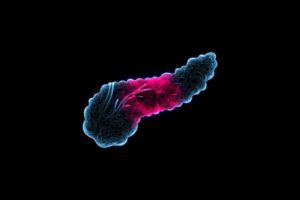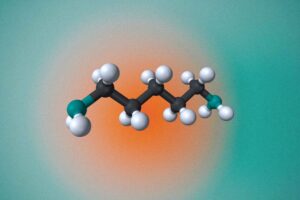gut microbiota
Gastroenterology
L. mucosae and L. ruminis can produce serotonin in the gut, where it promotes nerve growth and regulates intestinal motility.
Gastroenterology, Uncategorized
Researchers have found that certain gut bacteria and their metabolites differ between IBS subtypes.
Oncology
Results of a recent study showed reduced microbial diversity and distinct microbial profile in the two groups of PC patients.
Oncology
Changes in gut bacteria, especially Akkermansia, could predict treatment success in people with lung cancer.
Scientific research
Douwe Van Sinderen, professor of Molecular Microbiology at School of Microbiology & APC Microbiome Ireland, focuses on bacteriophages infecting lactic acid bacteria used in food and probiotic applications.
Scientific research
Ethical, long-term partnerships can uncover valuable scientific insights while respecting Indigenous knowledge.
Gastroenterology
Controlling cadaverine levels and the gut bacteria that produce it could help regulate immune cell metabolism and inflammation.
Three infant-derived strains isolated and developed by Coree srl that are potentially interesting for immune support.
Video, Gastroenterology
Emilia Ghelardi, Professor of Microbiology and Molecular Microbiology at the University of Pisa, explains how pathogens can actively disrupt the integrity of the commensal community.
Scientific research, Geriatrics
The abundance of Bifidobacterium may explain M116’s excellent cholesterol profile and low inflammation levels.












